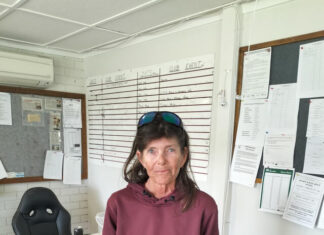I read with interest an article written in the local press on Saturday, November 20.
The article reported that Council presented “a to do list, at this week’s corporate services meeting, with almost 30 freehold land holdings – worth millions,…as the first step in deciding what to do with these properties.” Furthermore there seemed to be an urgency to deal with the issue promptly, “to bring this to some sort of finality, sooner rather than later” in the words of one Councillor.
Why was the Slade Campus singled out and put up for sale in such haste, when all these other lucrative possibilities existed, and many were vacant blocks of land? The Slade Campus was being used extensively by the community, was purchased by the former Warwick Shire Council in 2007 with community funds, without a loan, for the community, to protect the property from falling into the hands of a developer. As owners of the property a decision to sell was taken, without any proper community consultation!
The Council CEO recently outlined the sale process of any Council owned asset to the SLA committee. Once a property is listed for sale, and the appropriate process followed (ticking the boxes!), the sale continues to completion, irrespective of any community input – and no appeal is possible! Due consideration and consultation must occur with electors, before listing properties for sale, to prevent a repeat of the Slade saga. This is not the time to proceed in haste towards selling off any further Council owned assets, in the two months before nominations are due for the Local Government elections. Final decisions should be left in the hands of a new Council.
Having been told repeatedly by Councillors that the Slade property had to be sold to get the property off the books, because it was costing the Council too much money to maintain, other options should have been explored.
When the sale of the Slade Campus is completed, the Southern Downs Regional Council must release to the community the settlement conditions accepted, as a result of the sale, in the interest of transparency and integrity of Local Government. Only in this way can electors decide whether the desired outcome has been achieved, and maintain trust and confidence in the government of this area.
Margaret McKinnon,
Warwick







